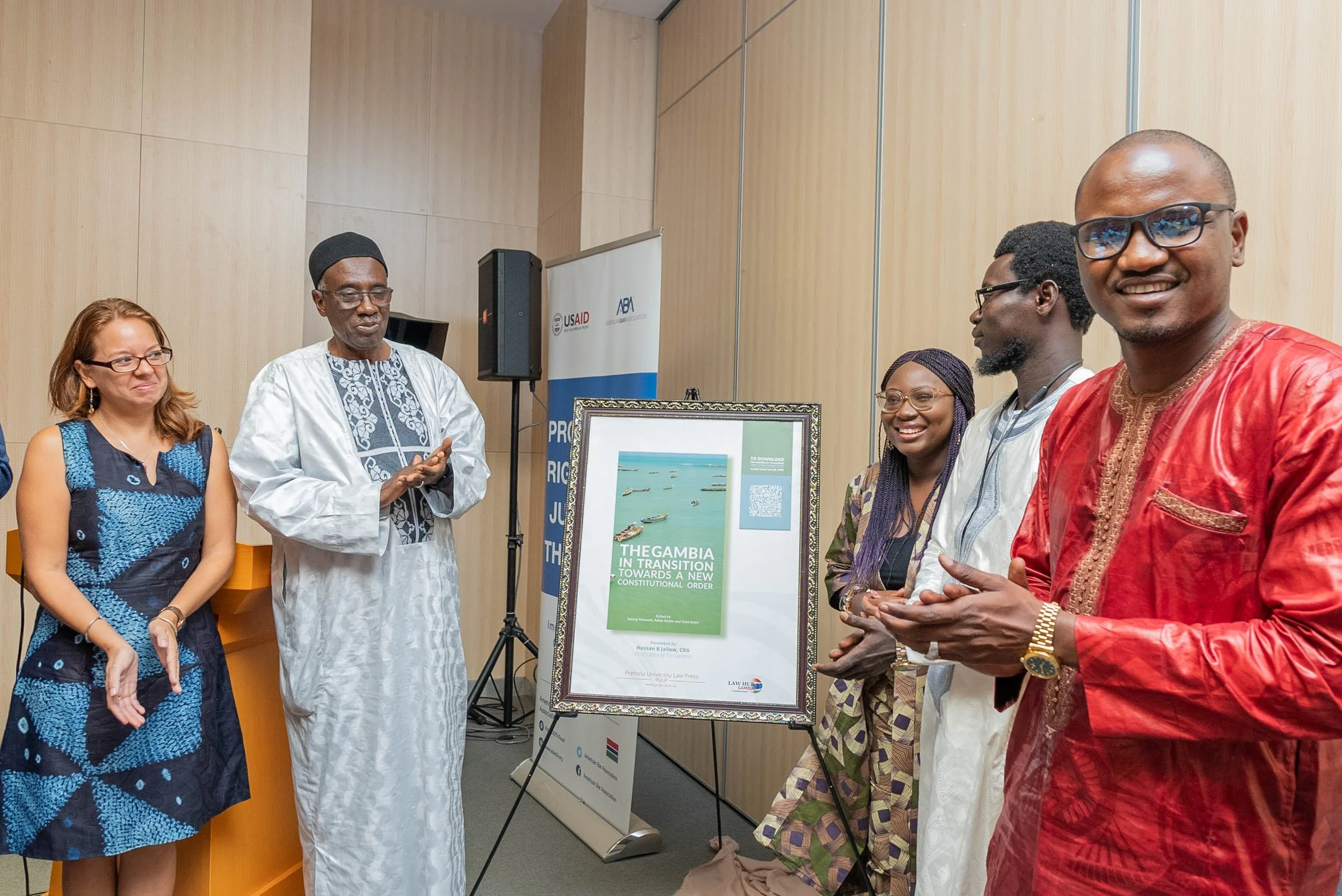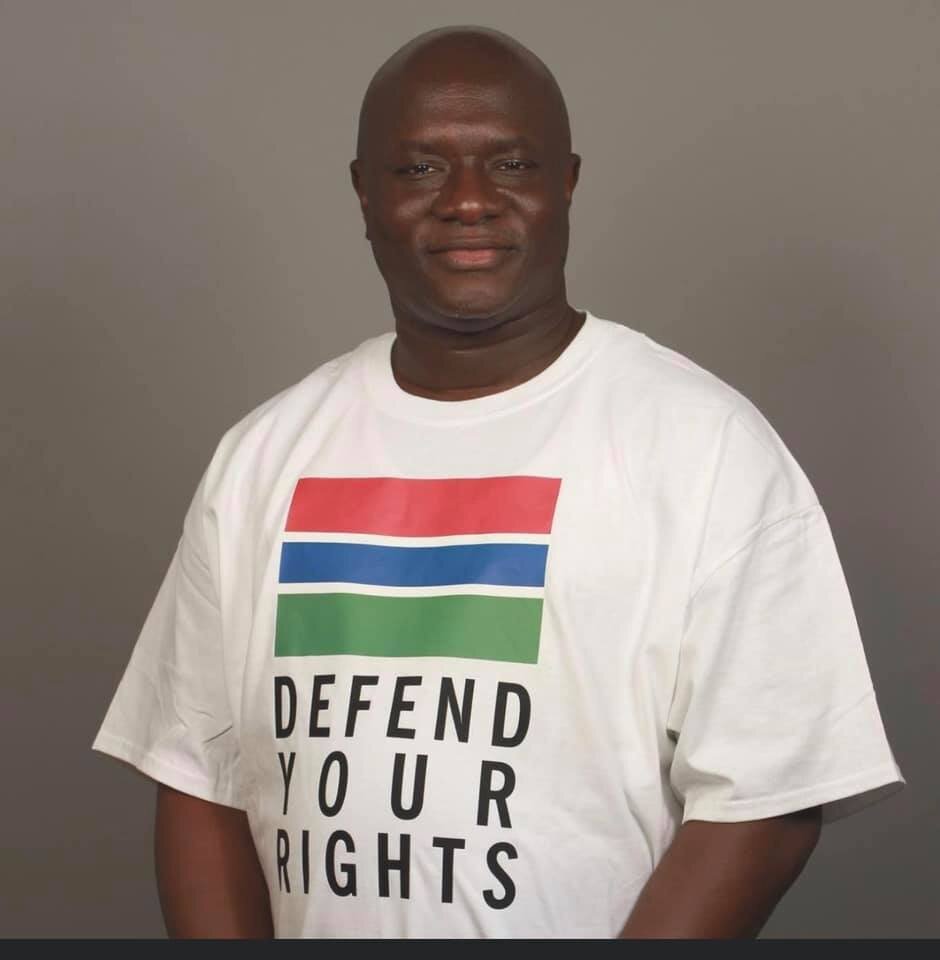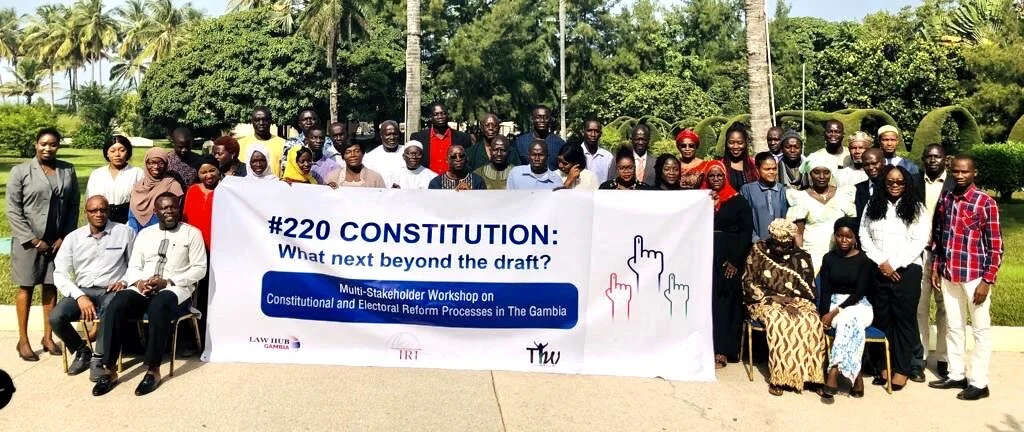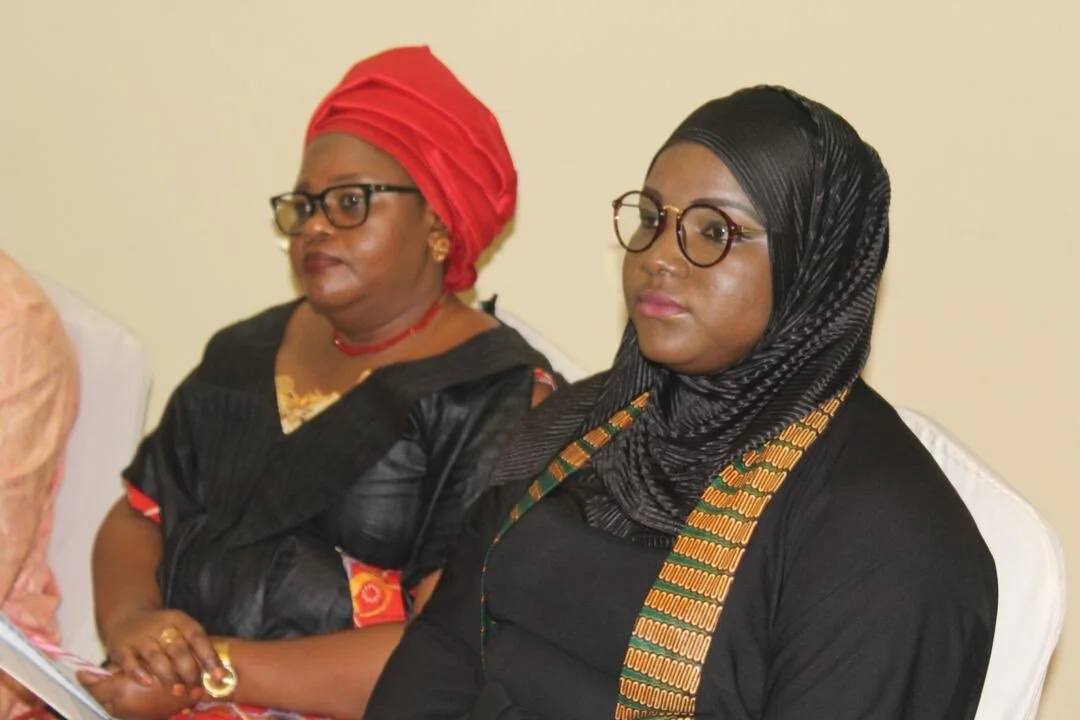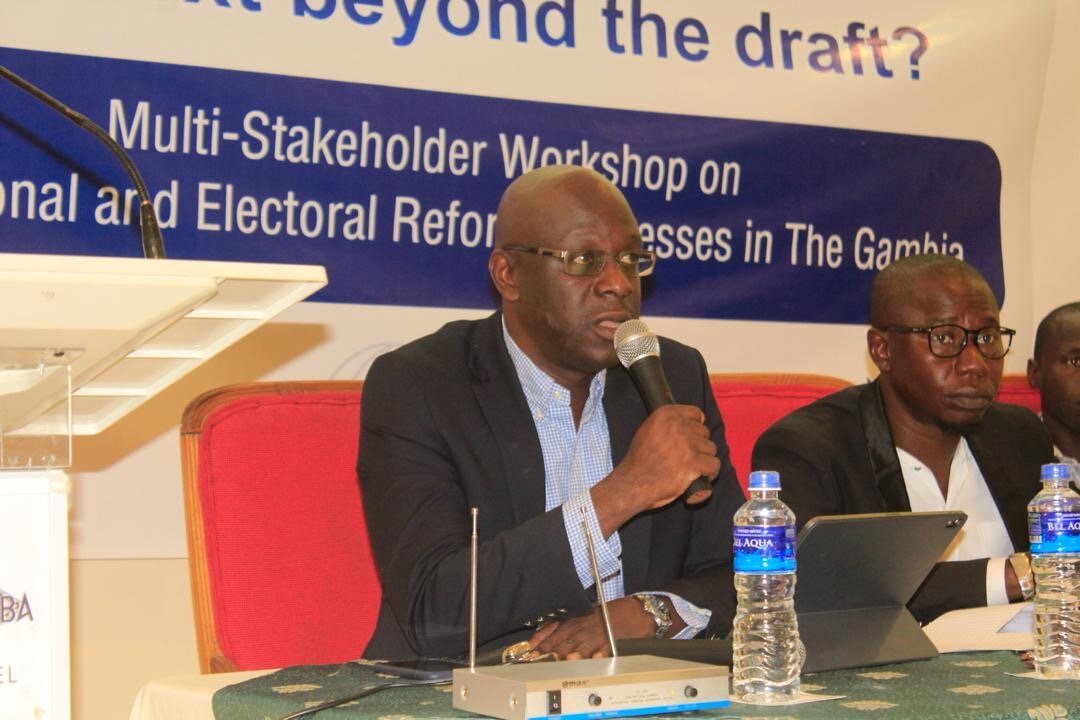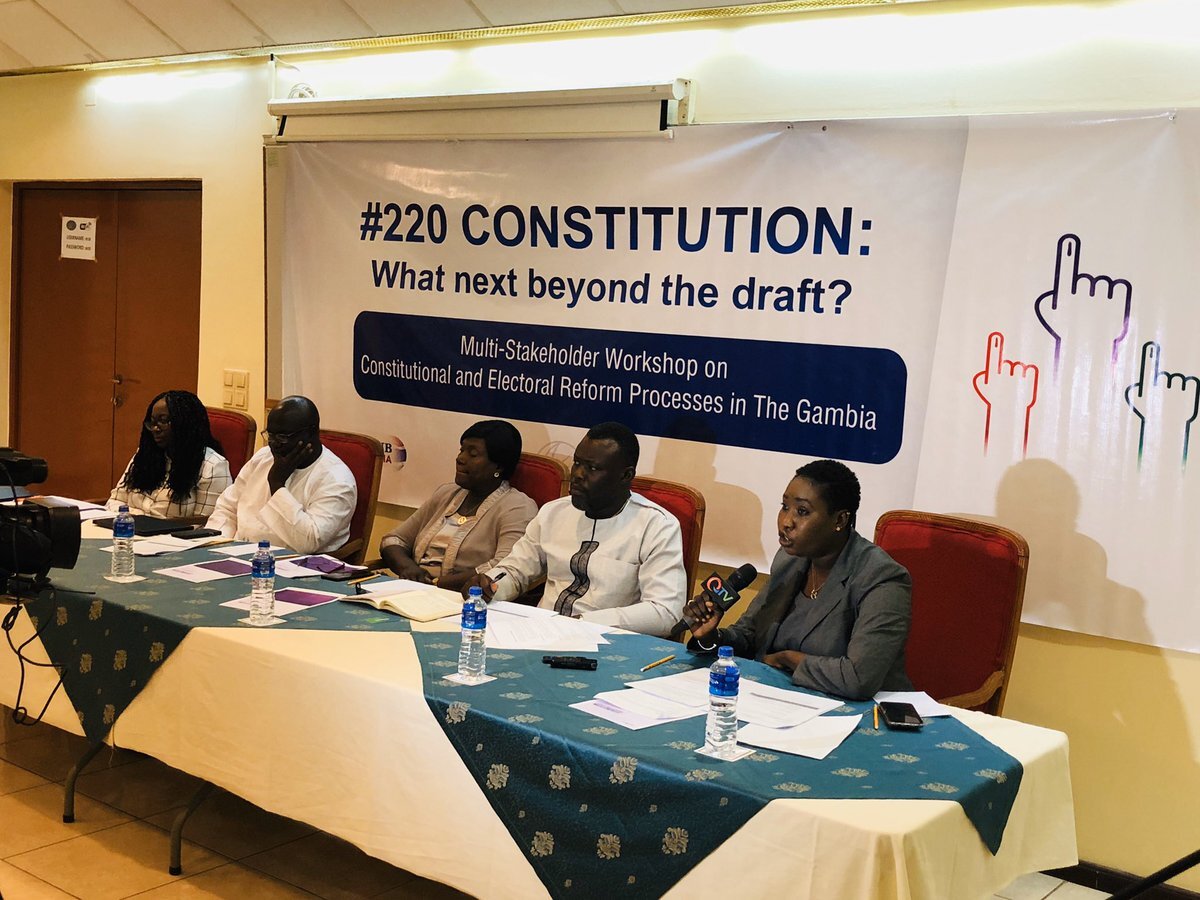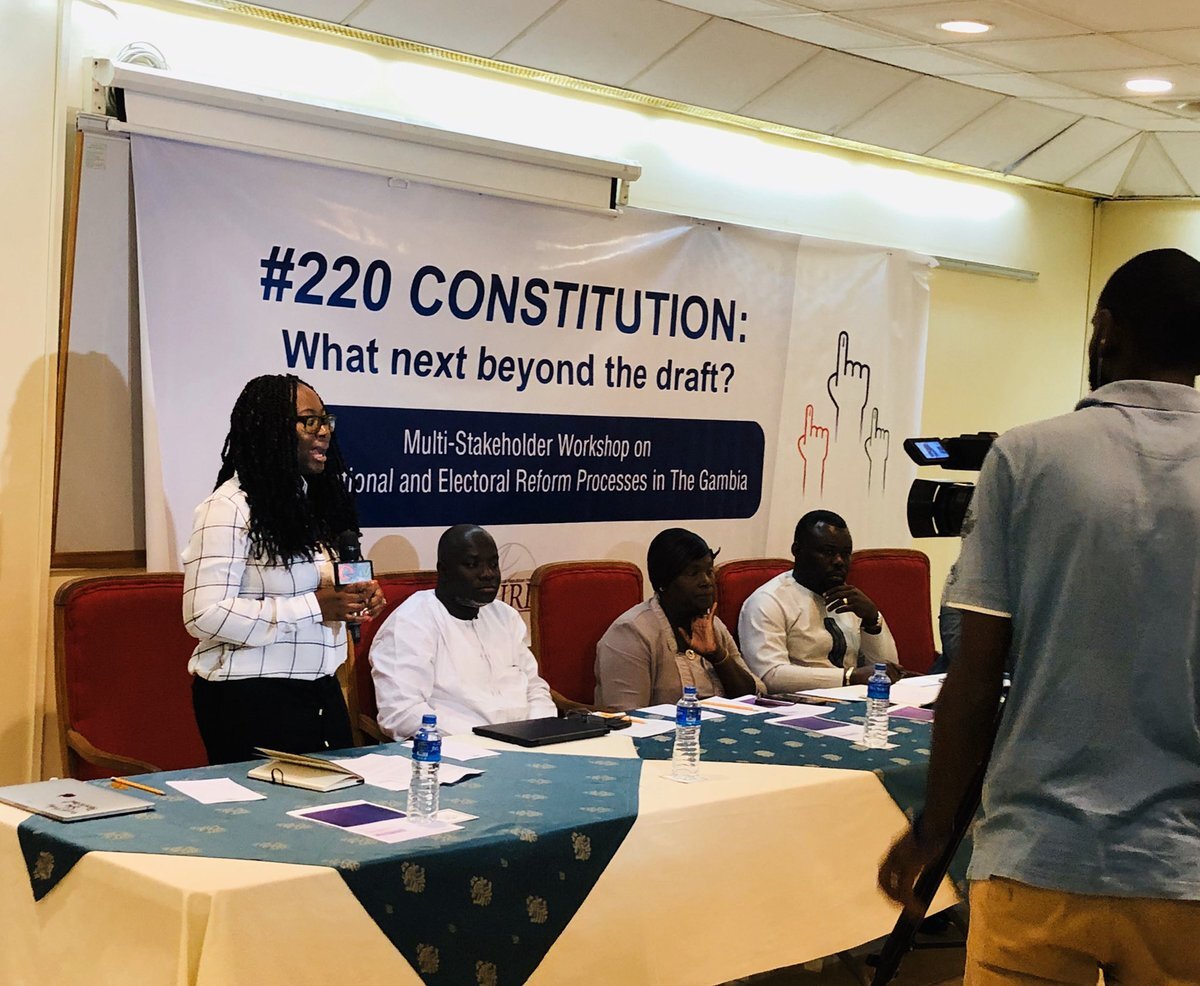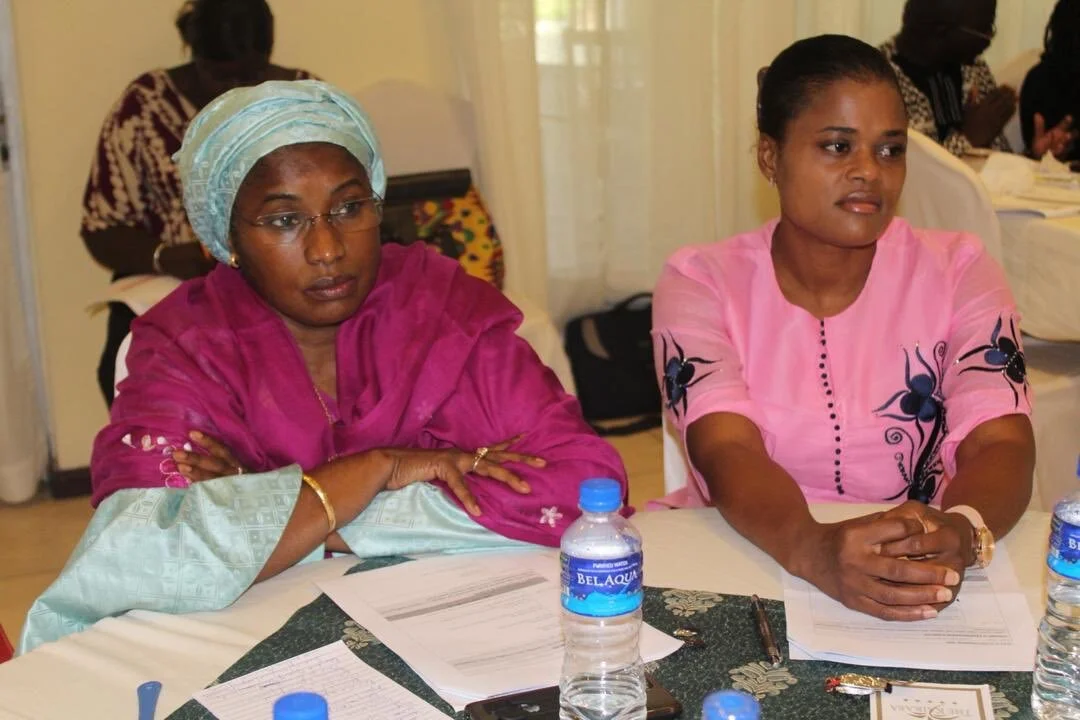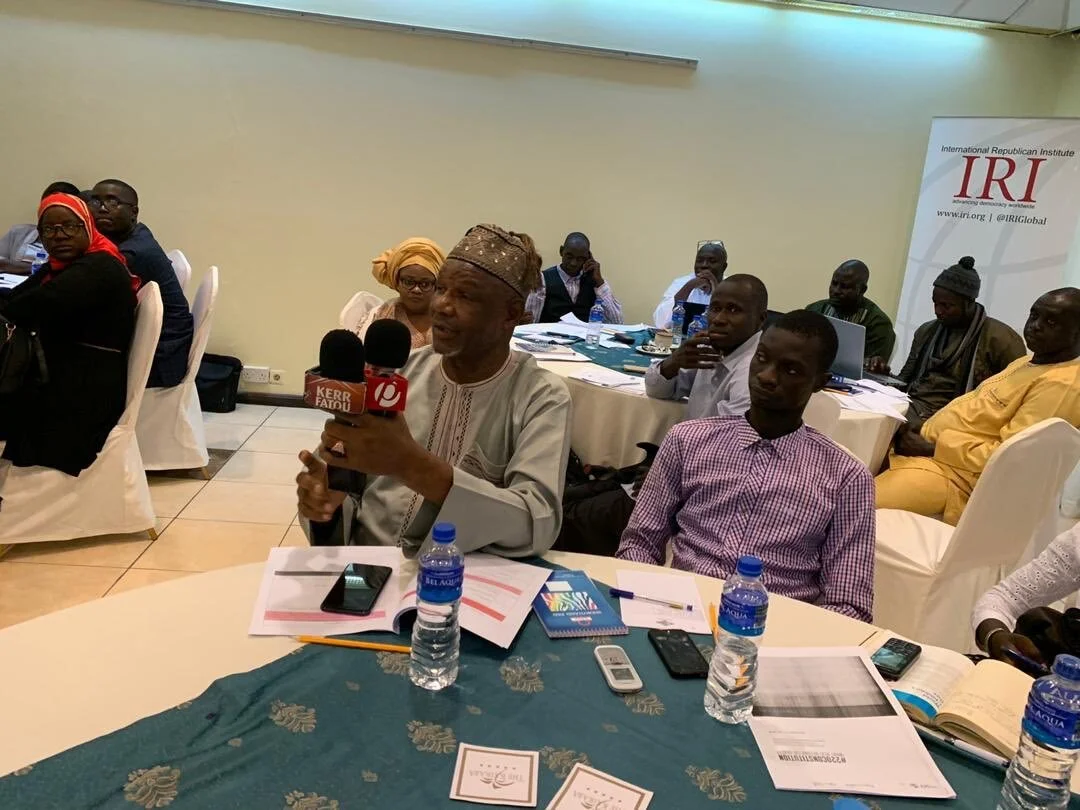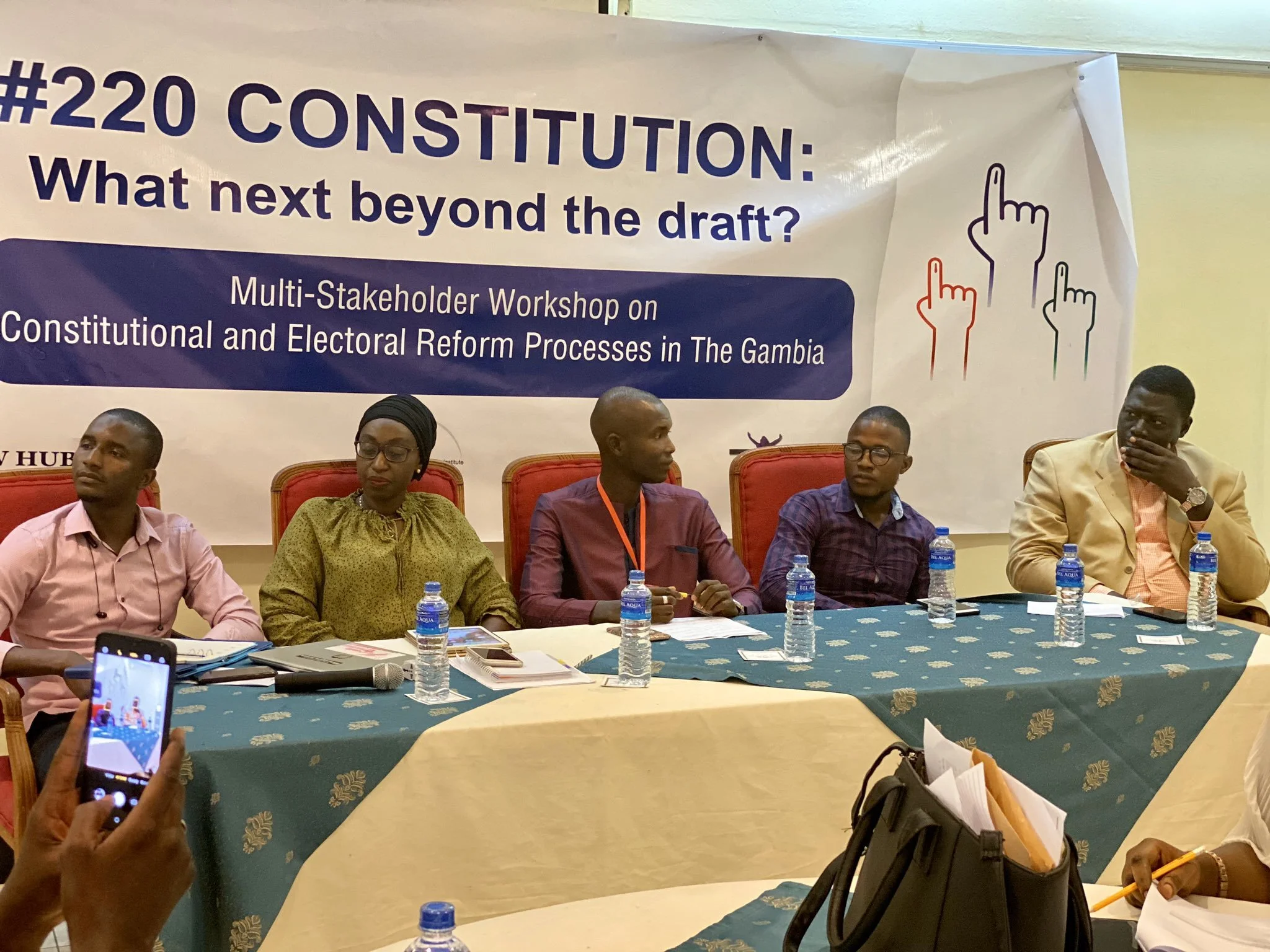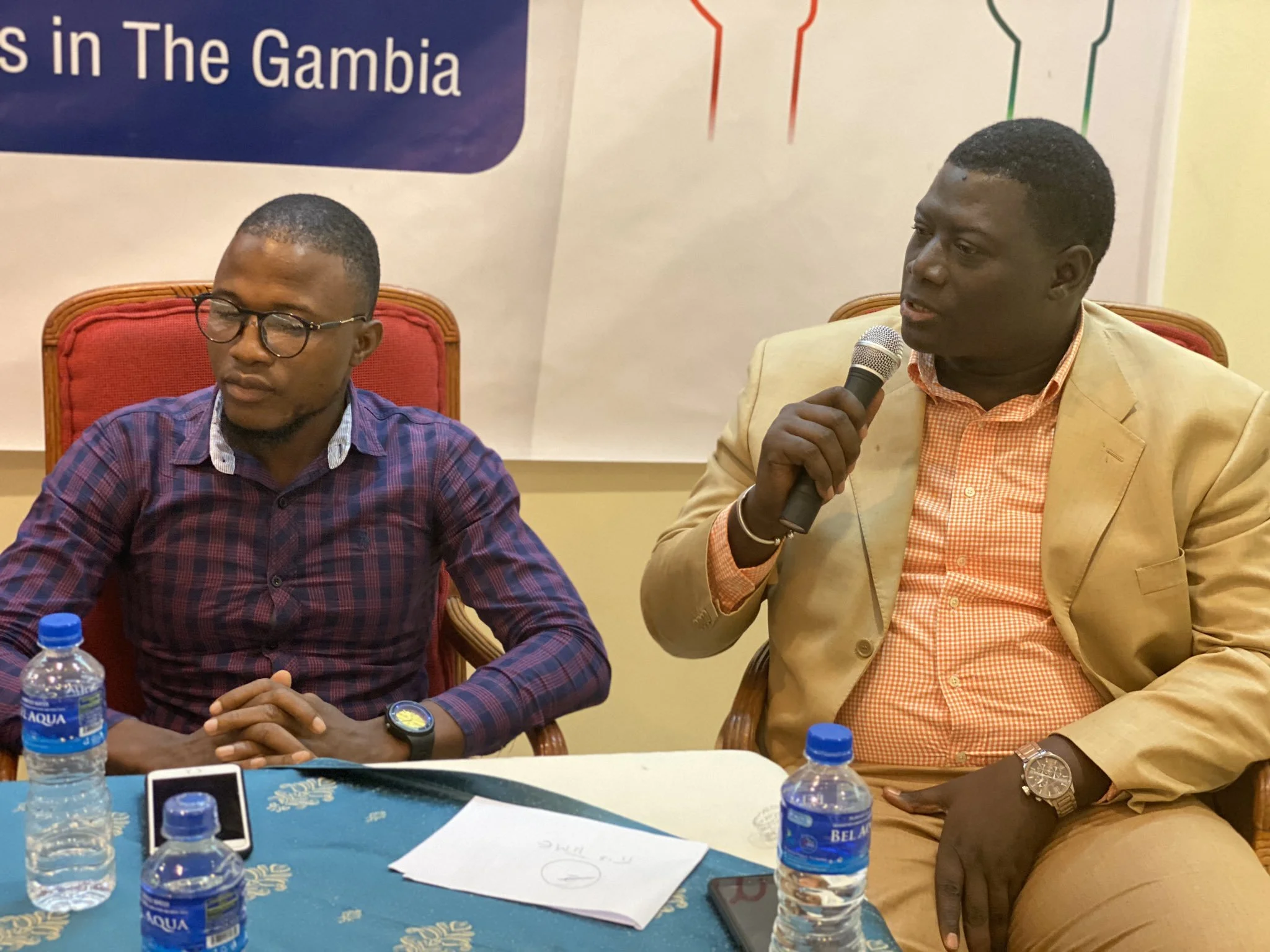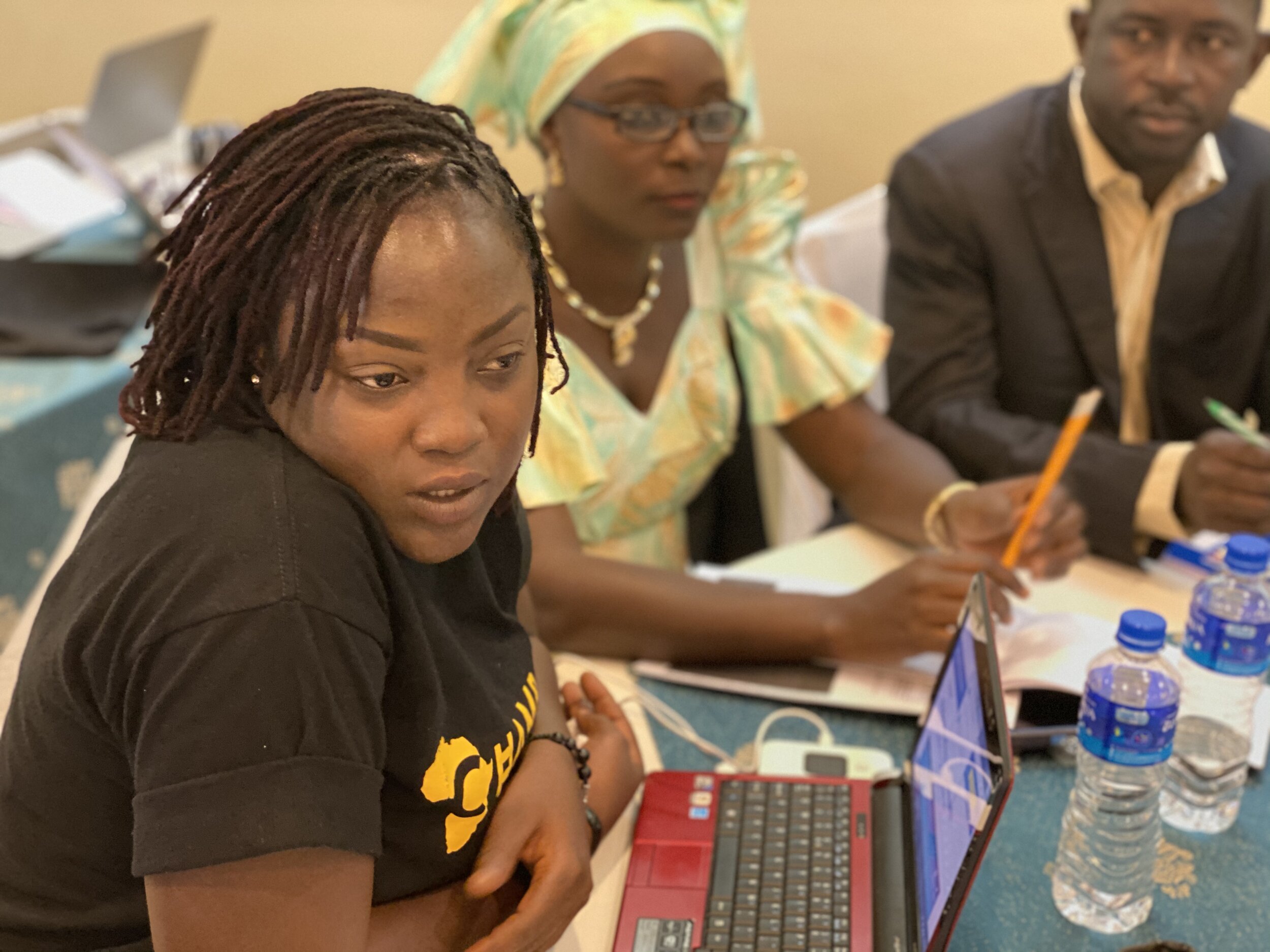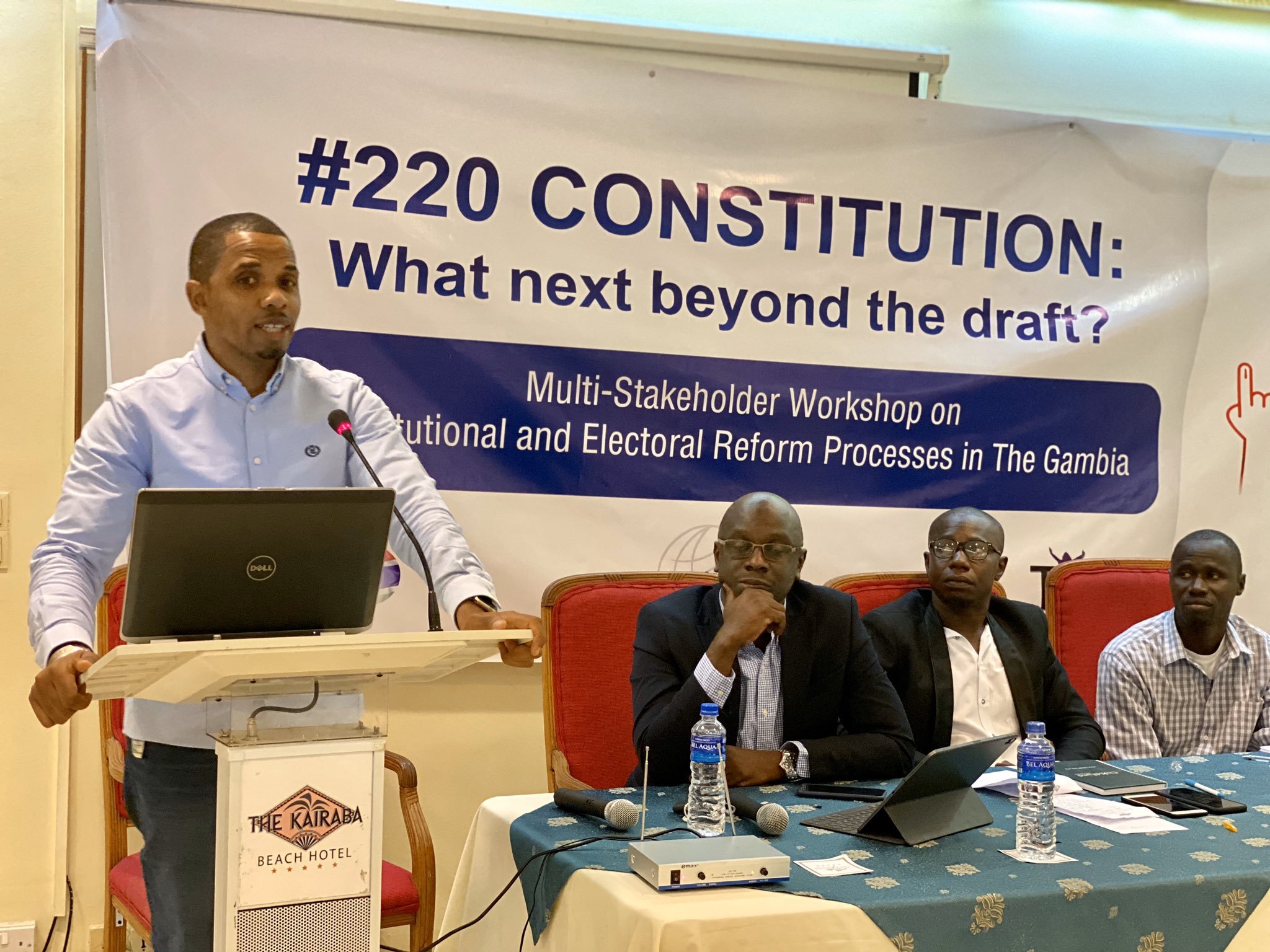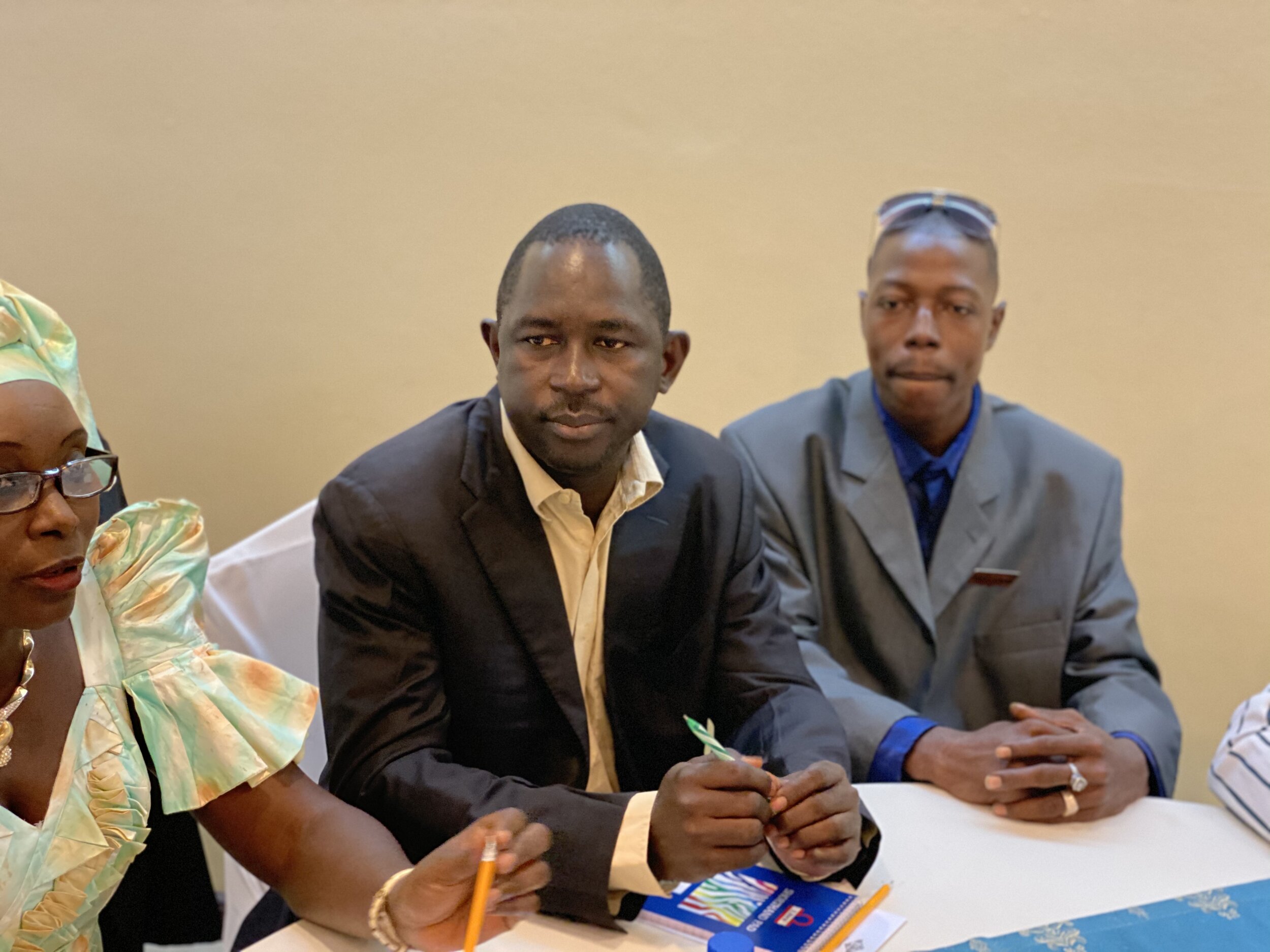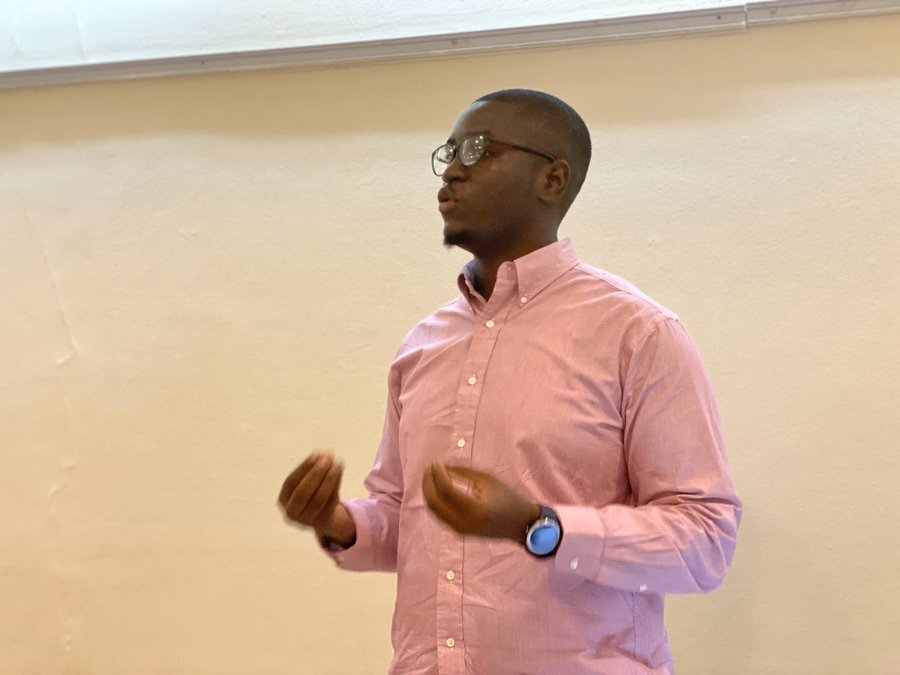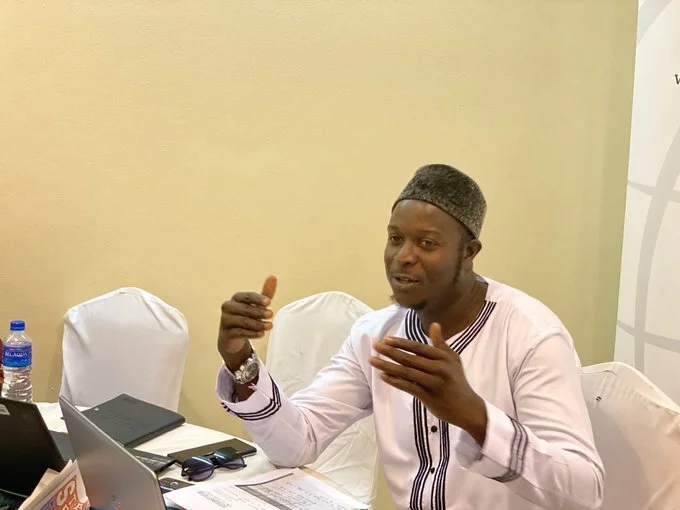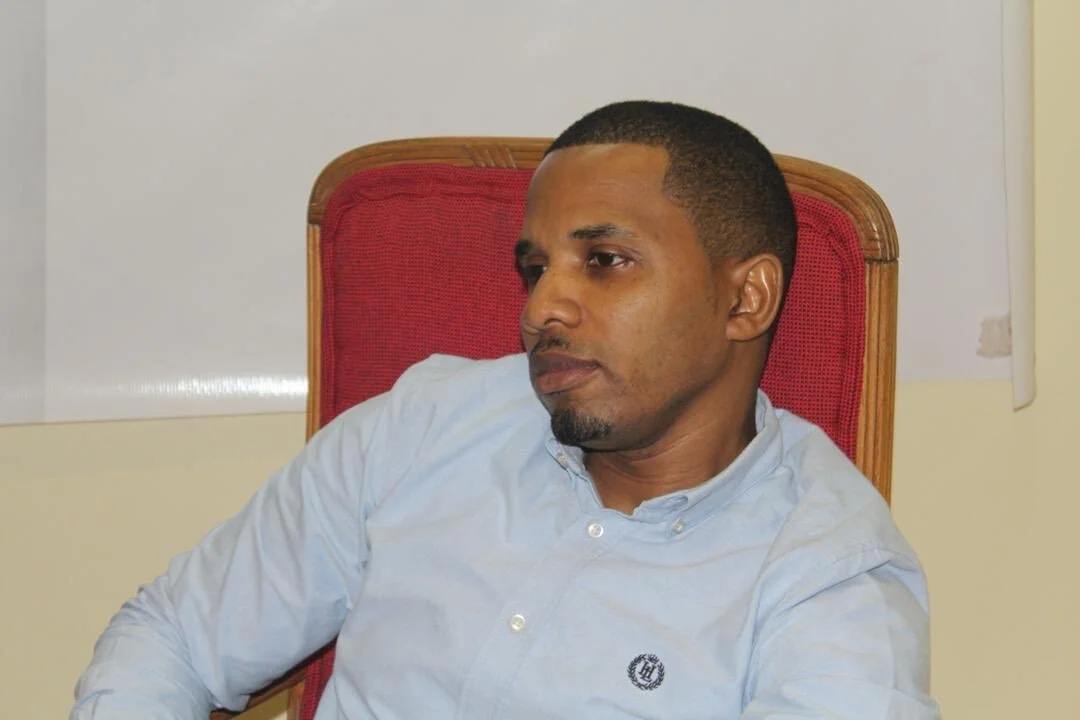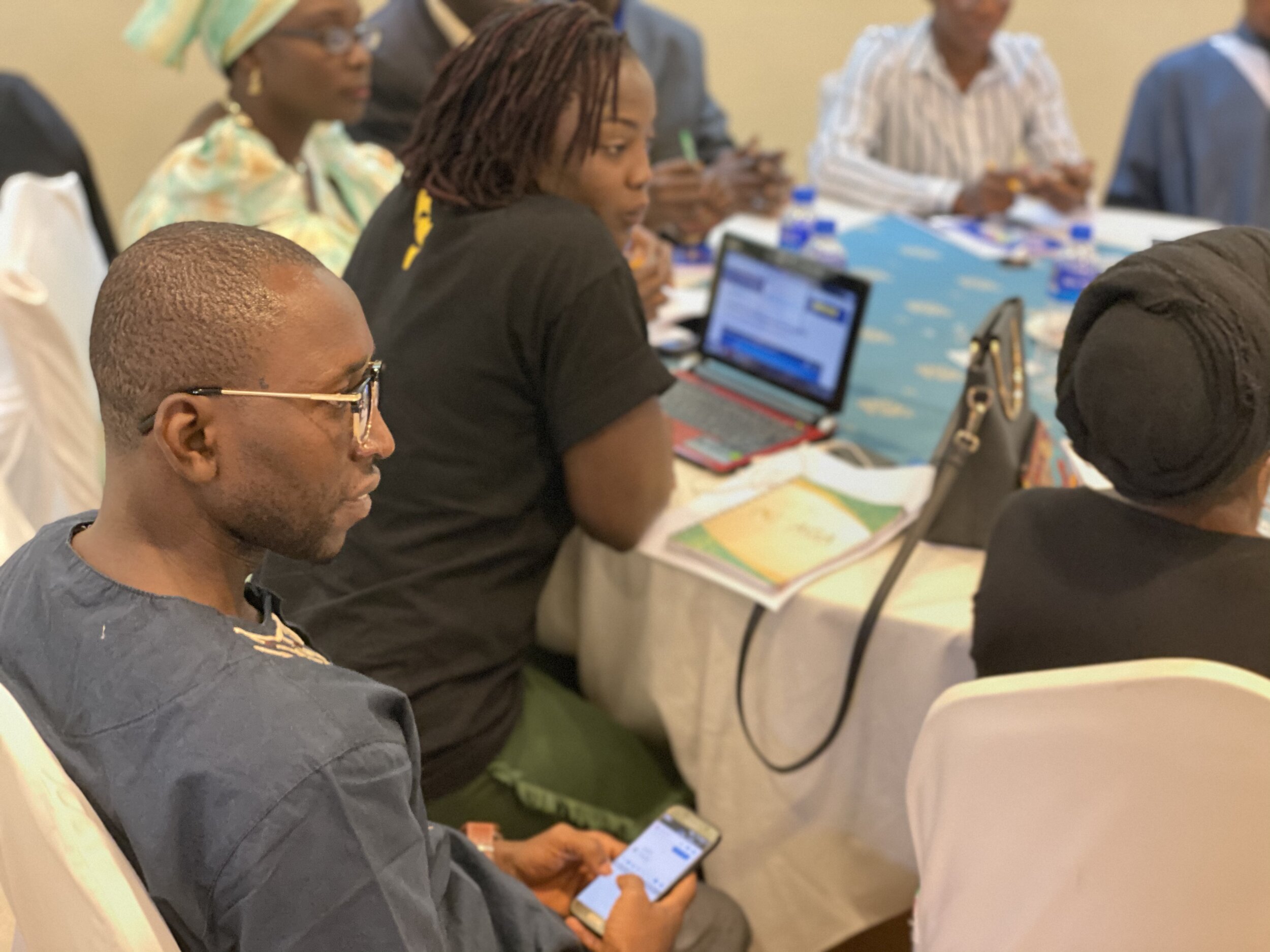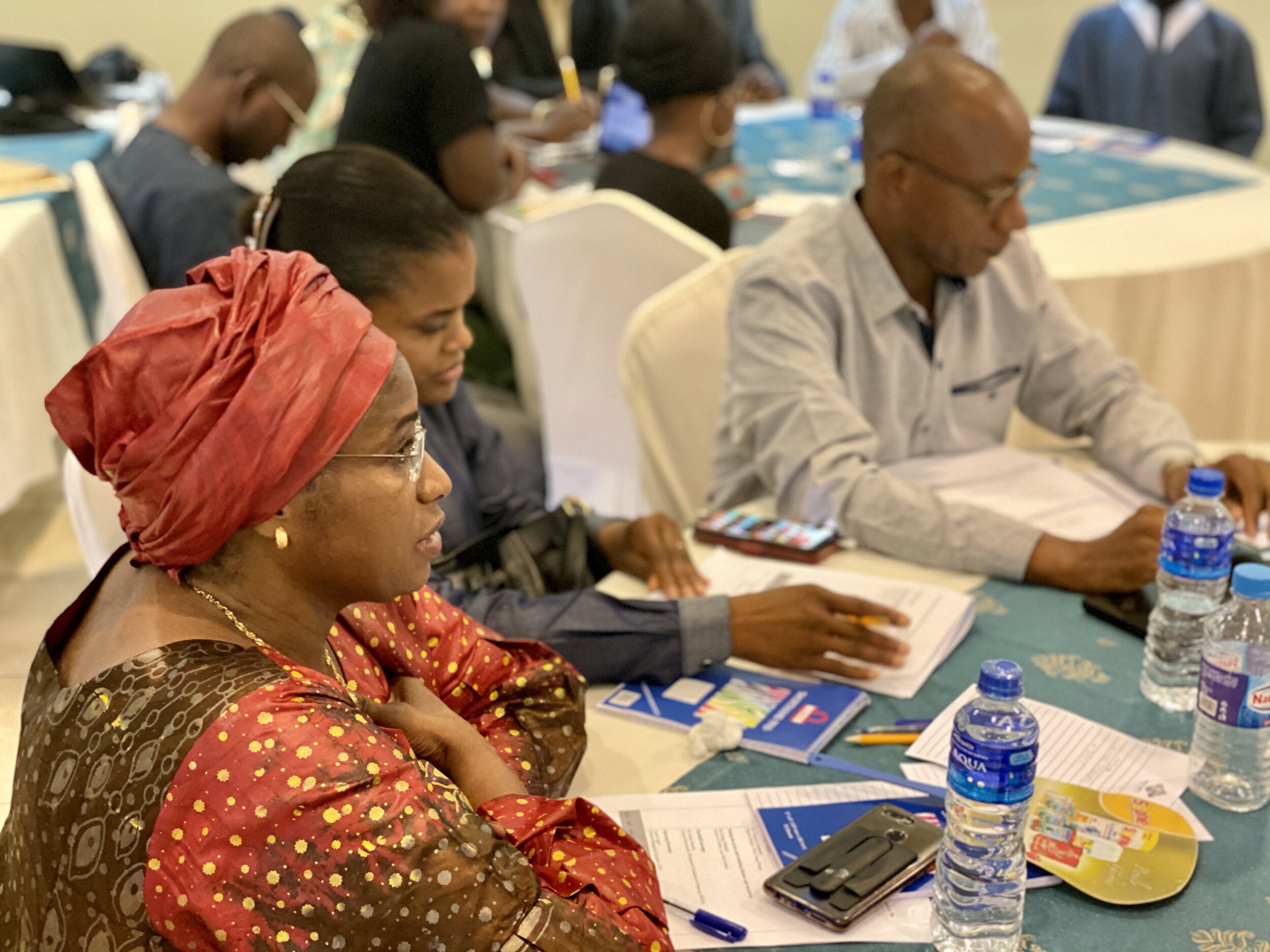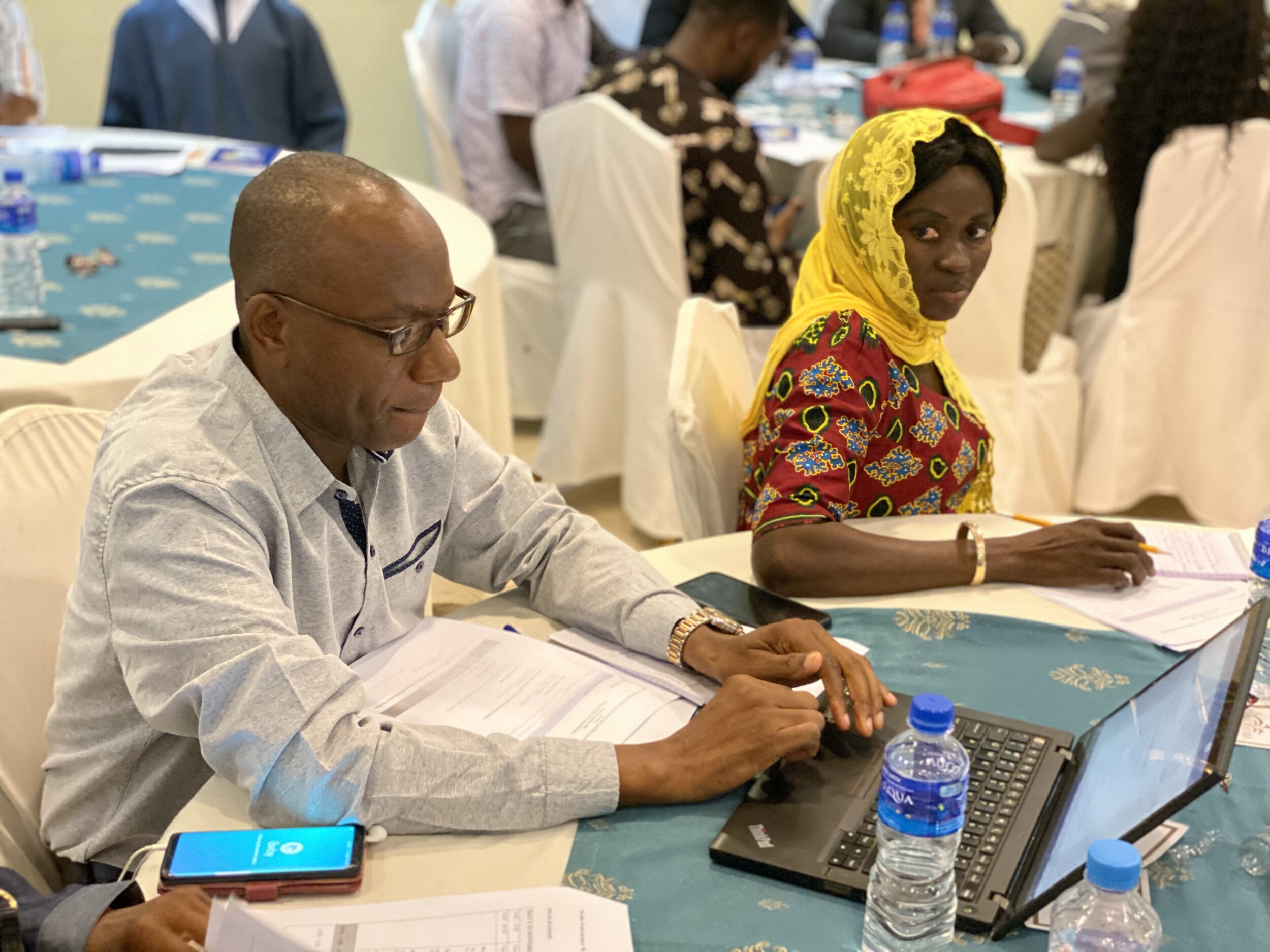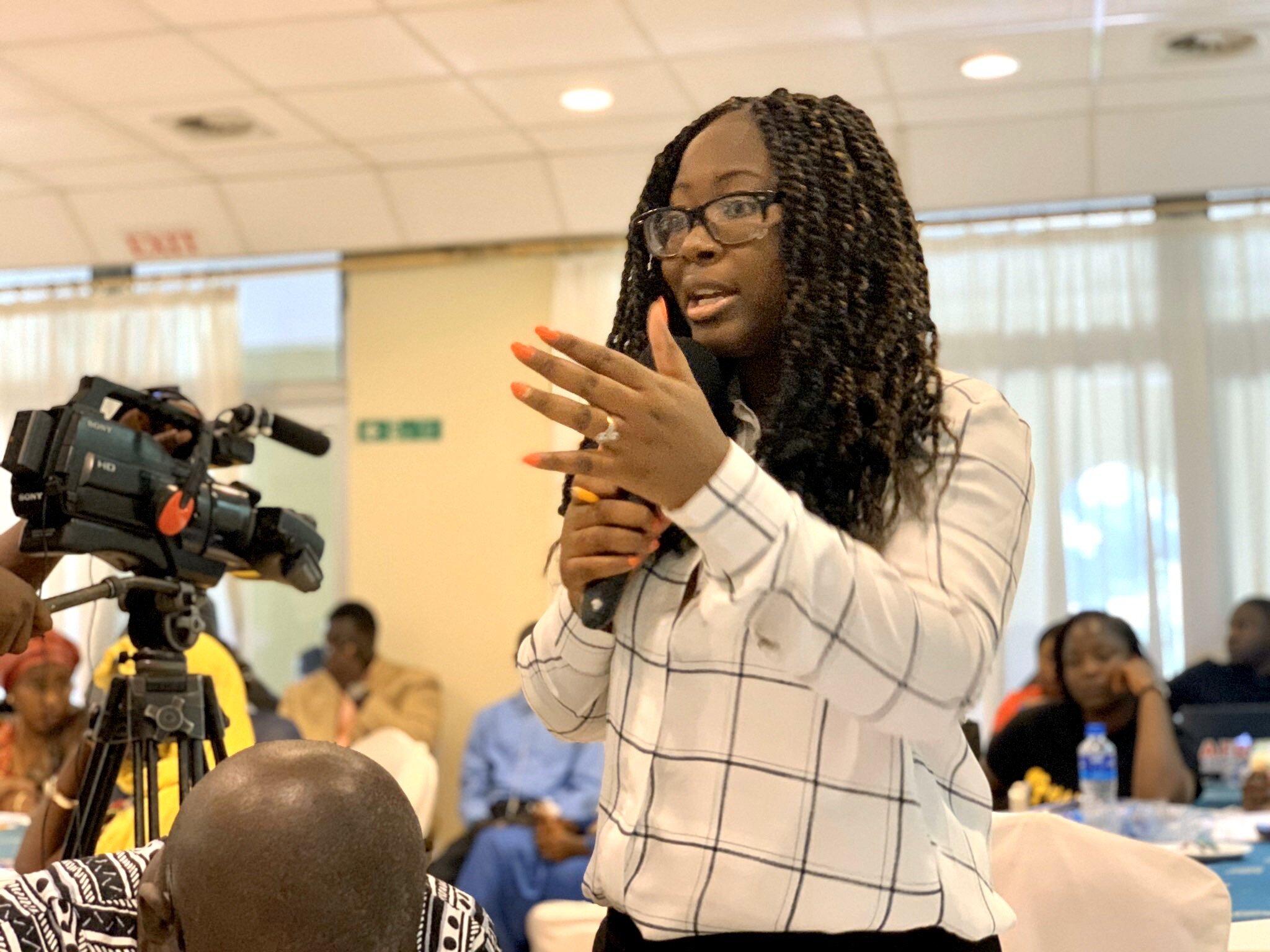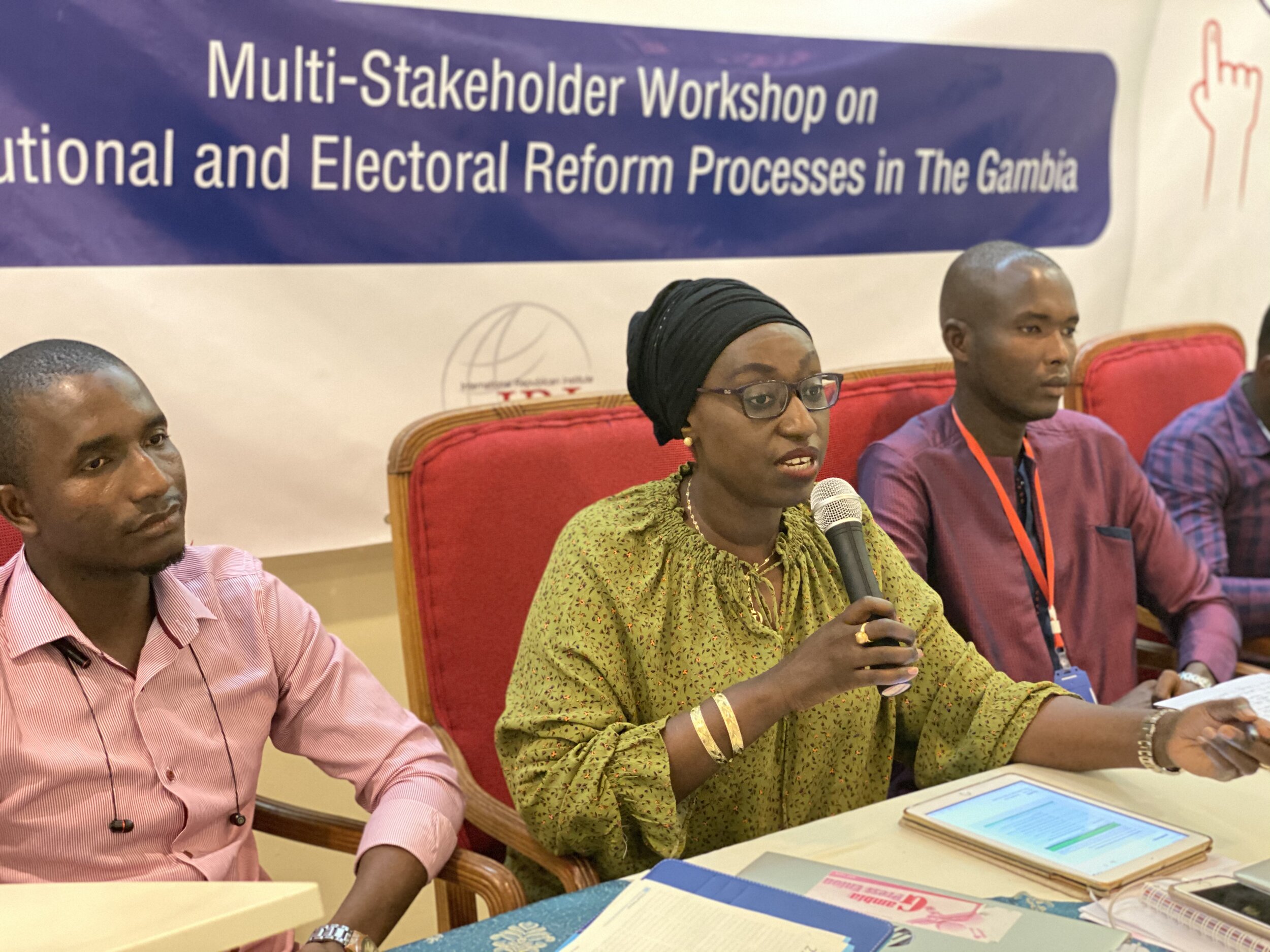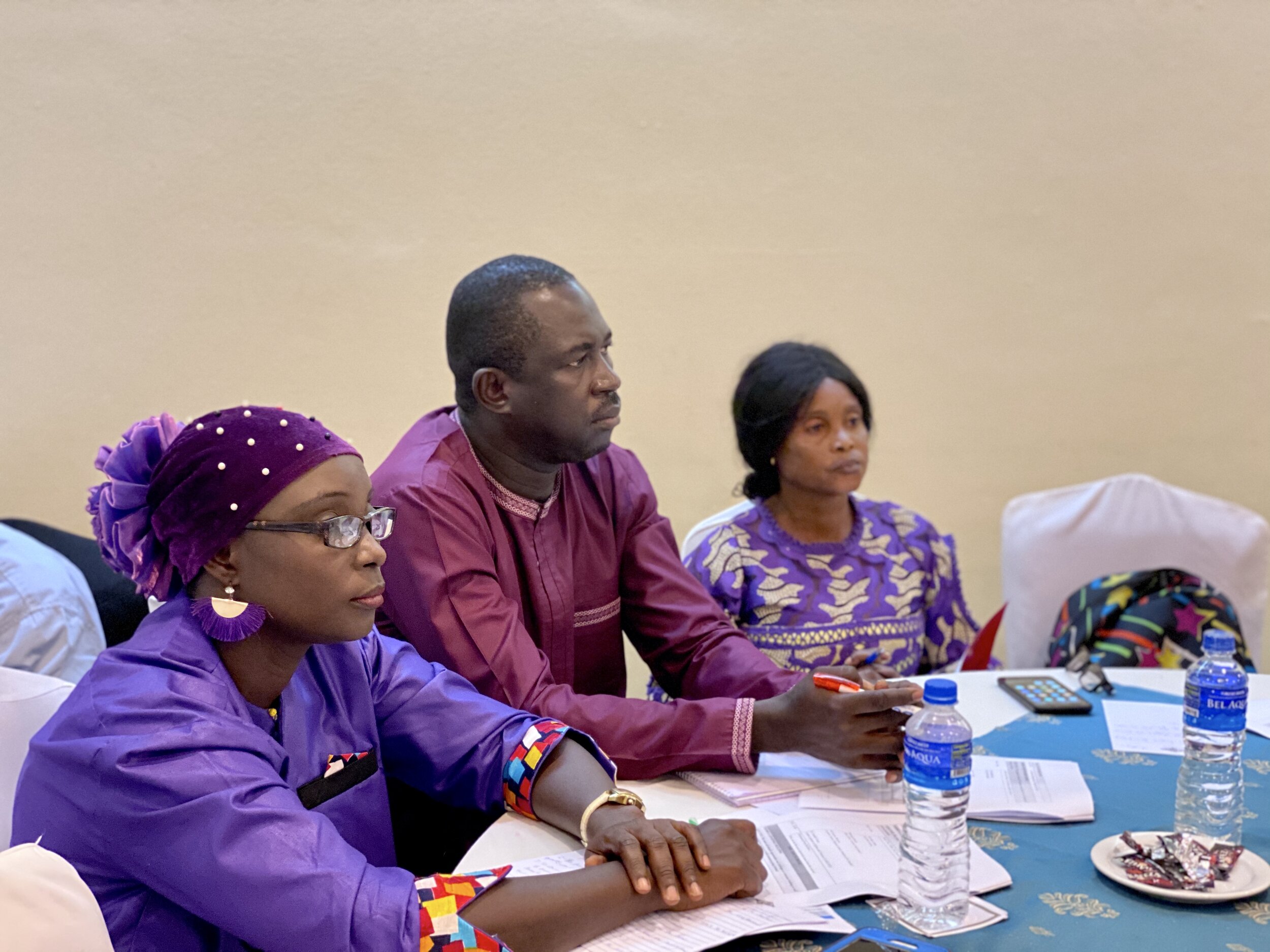The Gambia’s return to democracy after twenty-two years of authoritarian rule under former dictator Yahya Jammeh marked a turning point. On 19 January 2017, Adama Barrow was sworn in as President of the Republic of The Gambia. This historic development presented a new blueprint for transitioning from an authoritarian regime to a democratic dispensation. The moment also provides an opportune occasion to take stock of the systematic assaults on the constitutional, legal, and institutional frameworks under the former regime and chart a new way forward.
On October 21, Law Hub Gambia and the Institute for Human Rights and Development in Africa (IHRDA) in collaboration with the American Bar Association (ABA) Rule of Law Initiative with support from USAID is convened a dialogue on “Building Strong Rule of Law Institutions” and Book Launch- “The Gambia in Transition: Towards a New Constitutional Order” (Pretoria University Law Press, 2022), a first-of-its-kind book project that brings together diverse contributions from scholars and practitioners to provide context-specific understandings of the past, ongoing and future efforts of constitution-making, protection of human rights and enhancing accountable governance in the Gambia.
The Keynote Statement was delivered by the Chief Justice of The Gambia, Hon. Hassan B. Jallow, who launched the book.
“We must revive the process, engage all the stakeholders in a national dialogue that can deliver a new constitution acceptable to the nation. It must however be a frank and honest dialogue. A dialogue which will enable us to know the real issues holding back the adoption of a new constitution. We need to know and understand the concerns of the various stakeholders. And then we must be ready to compromise; to accommodate each other. A dialogue involving critical stakeholders such as the National Assembly, the Political Parties, and the government. And supported by independent and impartial, preferably local facilitators. I believe such a process can unlock the unfortunate deadlock we currently face and help us secure a new and progressive constitution. I once again urge all the stakeholders to review the constitution making process and with that spirit, work together to ensure the adoption of a new constitutional framework for our nation”
Pre-event: Authors Meet Critics
We also had a Book Talk at my alma mater, the University of The Gambia Faculty of Law, where we held an interactive and dynamic discussion with book chapter authors.
Presentation of Chapters
● Saikou Jammeh, Malagen: <<A Case for Constitutional Guarantees for Freedom of the Media in The Gambia (Chapter 4)>>
● Dr. Satang Nabaneh, University of Dayton: <<Women’s Political Participation in The Gambia – One Step Forward or Two Back? (Chapter 6)>>
● Essa Njie, University of The Gambia: <<Civil Society, Elections, Democratic Restoration and Consolidation in the ‘New Gambia’ (Chapter 8) >>
● Peter K Mendy, University of The Gambia: <<Political Representation of Ethnic Groups in The Gambia – Lessons from the Electoral System of Mauritius (Chapter 9) >>
● Ismene Nicole Zarifis, American Bar Association Rule of Law Initiative: <<The Transitional Justice Imperative in Protecting Human rights in the New Gambia (Chapter 10)>>
Several of the chapter authors also had media engagement promoting the book.

